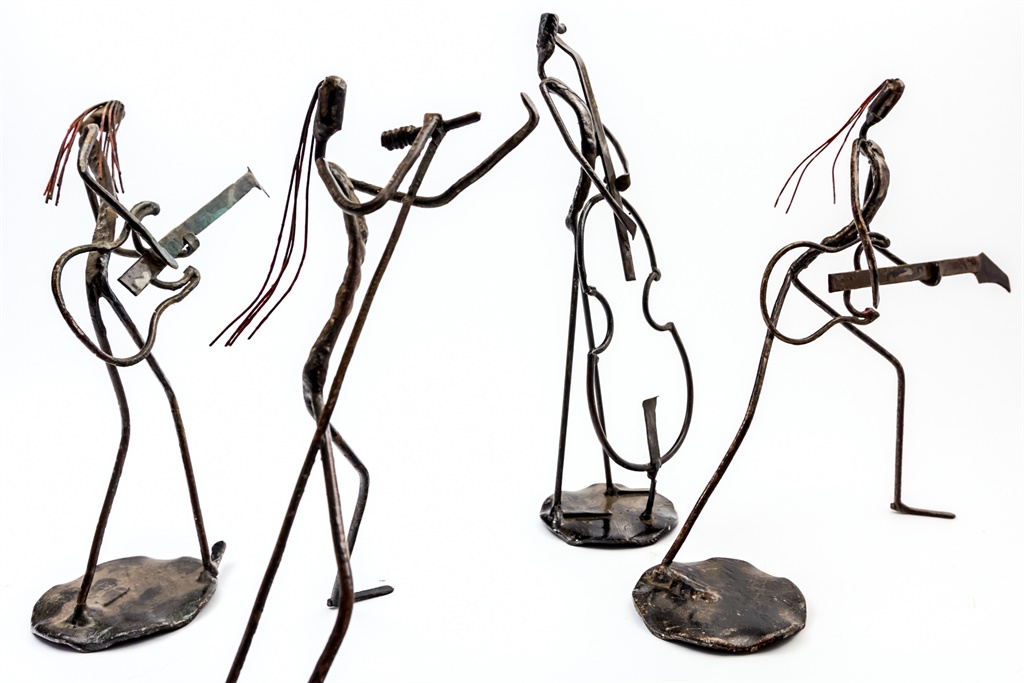
As a cultural practitioner, still highly active in the entertainment space, I was disappointed to learn at a late stage about two pieces of legislation that will have a massive impact on my sector.
I speak of the copyright amendment bill and the performers protection amendment bill, which seek to protect the rights of content creators, but have drawn massive criticism from the very people they supposedly protect. I only learnt about them when they had already been approved by Parliament’s portfolio committee and the National Council of Provinces.
Read: Last-ditch battle to stop Copyright Bill
The approach taken, like a Freudian slip, unmasks the promoters of the bill as casting South Africans as forever the mere recipients of worthwhile information and knowledge that is itself produced and collected elsewhere. That is a recipe for failure of our society and under-rates the potential and aspirations of our creative sector.
Writers, publishers, musicians, academics and other content creators have said that the exceptions contained in the bills allow free use of content that will end up benefiting online content platforms, to the detriment of content creators.
The process of creating these bills was given solely to the trade and industry department to drive. Unlike the arts and culture department, the trade and industry department is not privy to how these assets affect and drive our collective culture and the creative sector.
As I have indicated to Arts and Culture Minister Nathi Mthethwa, such legislation should not be under the purview of just one department but should be inter-ministerial, to guard against prejudicing vulnerable groups. The creation, trade and export of music, films, books and crafts is the creation and export of culture and should be protected and guarded jealously. At the end of the day, it is only local producers and publishers that invest in the creation of a national literature, so important for a culture of learning and progress domestically and for the world as a whole, and comprised of important voices from the South and North.
Under the banner of a a misunderstood and wrongly calibrated “fair use” doctrine the new laws allows transformative usage of locally produced works without the need to obtain a licence from the author or indigenous community concerned. This is deeply concerning to our already vulnerable creative and indigenous communities.
A real example of exploitation of South African cultural property involves South African photographers Peter Magubane, Graeme Williams and Alf Khumalo, who each had their photographs detailing crucial moments in South African history appropriated and resold for thousands of dollars by an American artist.
As the American artist has argued “fair use”, the South African artists must go to American courts to reclaim their work. Doctrines that allow such blatantly unjust cultural expropriation should not be blindly brought into our laws as our content creators and indigenous communities will likely suffer the same fate.
Many South Africans are disenfranchised and impoverished today due to the fact that we were denied full title to our land. Wide exceptions and doctrines such as fair use deny creatives of the full title over their creative property. The mistakes of Codesa should not be repeated in the digital environment, at least not without proper impact assessments.
Another concern around the bills is that they create uncertainty around royalty payments that may even discourage investment in South Africa’s creative product. Our South African content is internationally sought after, and South Africa continues to be a location of choice for most international investors in film and entertainment. We can’t simply turn away investment and job opportunities in the name of overdue legislative reform.
Minister Mthethwa says that the bills bring South Africa in line with international treaties, updating the creative sector for the digital era, and that it has found a hybrid system combining “fair dealing” and “fair use”, which balances the interests of content owners with broader social needs. The intention is to exclude free access for commercial use. However, my concern is that the responsibility of defending this in the courts will fall back onto impoverished artists, who have few resources to fund legal challenges.
Minister Mthethwa indicated that since the bills are now with the president, they could be signed into law in full or partially with some clauses rejected, or could be withdrawn and returned to the National Assembly. I sincerely hope that they will be sent back for further deliberation.
Detailed concerns have been raised about the bills by international governments and local musicians, filmmakers and other creators. Those fears could be dispelled immediately if President Cyril Ramaphosa would reject the current proposals and request a review by qualified and competent experts.
I propose that broader opinion by industry experts should be widely canvassed and an inter-ministerial committee be convened to deal with the complexity of this matter, as whatever decision is finally concluded will affect content creators for generations to come.
• Dr Mbongeni Ngema is a writer, lyricist, composer, director and theatre producer.




 Publications
Publications
 Partners
Partners








